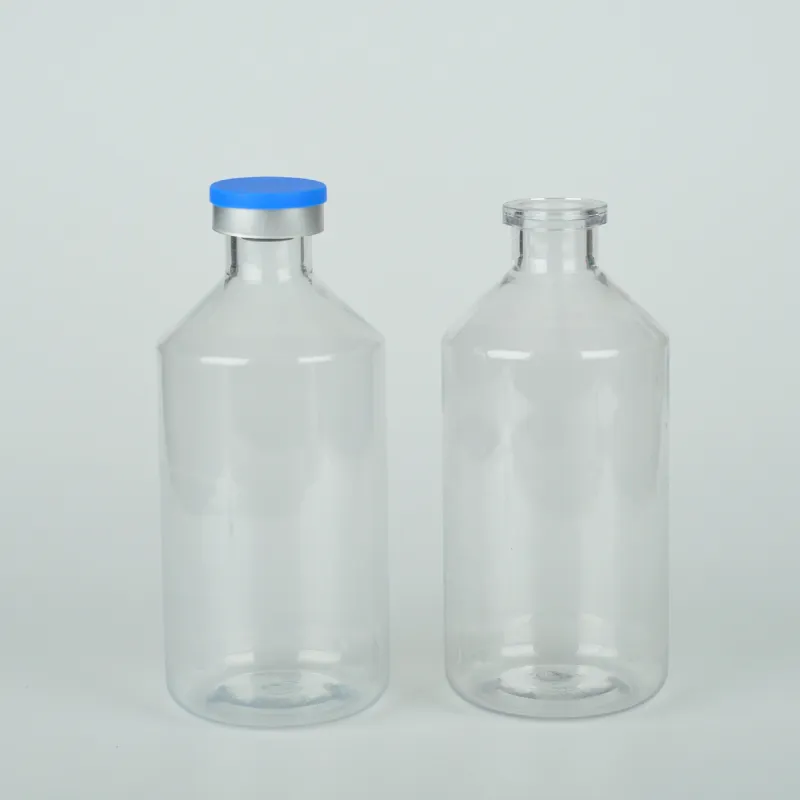15 ml polypropylene conical tube
Exploring the Utility of 15 ml Polypropylene Conical Tubes in Laboratories
In the sphere of scientific research and laboratory procedures, the choice of laboratory equipment plays a pivotal role in ensuring accurate and efficient results. Among the myriad of equipment used, the 15 ml polypropylene conical tube stands out due to its versatility, durability, and cost-effectiveness. These tubes, commonly referred to as centrifuge tubes, offer a wide range of applications in various fields, including biology, chemistry, and clinical research.
Composition and Design
The 15 ml polypropylene conical tube is made from high-quality polypropylene, a thermoplastic polymer known for its robustness and resistance to various chemicals. This material ensures that the tubes can endure rigorous use, including exposure to solvents, acids, and bases, making them suitable for a variety of biochemical assays. The conical shape of these tubes is designed to facilitate the efficient separation of components when subjected to centrifugation. The narrow bottom allows for optimal collection of sediment, which is particularly useful in cell culture, DNA extraction, and other applications that require sedimentation.
Versatility in Applications
The versatility of 15 ml polypropylene conical tubes is one of their most significant advantages
. In molecular biology, these tubes are essential for processes such as PCR (polymerase chain reaction), where precise measurements and contamination-free environments are crucial. Their ability to hold up to 15 ml of liquid makes them perfect for preparing samples, storing reagents, or conducting PCR reactions.In the field of microbiology, these tubes are invaluable for growing bacterial cultures. Researchers can prepare media and inoculate them in the tubes, allowing for easy mixing and transfer. Furthermore, the design allows for the easy retrieval of supernatant after centrifugation, making them ideal for isolating bacterial DNA or RNA.
15 ml polypropylene conical tube

Characteristics for Optimal Performance
The 15 ml polypropylene conical tubes often come with features that enhance their usability. Many models are equipped with graduations marked along the sides, enabling scientists to accurately measure liquid volumes without the need for additional equipment. Additionally, many of these tubes allow for easy labeling, which is essential for maintaining organized samples, particularly when dealing with multiple experiments.
One of the crucial features of these tubes is their ability to withstand high-speed centrifugation, making them suitable for separating cells from culture media or precipitating proteins and other biomolecules. Depending on the specific brand and quality, these tubes can often tolerate centrifuge speeds up to 20,000 x g, enabling efficient separation processes.
Sterility and Safety
In many laboratory environments, sterility is a critical consideration. Most 15 ml polypropylene conical tubes are available in sterilized versions, which are either gamma-irradiated or autoclaved. This ensures that the tubes can be used in sensitive applications where contamination could compromise results. Furthermore, these tubes are often designed with leak-proof caps, reducing the risk of sample contamination and ensuring safe storage and transport.
Conclusion
The 15 ml polypropylene conical tube has become a staple in laboratories across various scientific disciplines because of its unique combination of durability, versatility, and safety. Researchers and technicians rely on these tubes for a wide range of applications, from molecular biology to microbiology and beyond. As laboratories continue to evolve and embrace new technologies, the demand for reliable and efficient laboratory equipment like the 15 ml polypropylene conical tube will only grow. With their essential role in experimental procedures, these tubes will undoubtedly remain an indispensable tool in the scientific community for years to come.
-
Aesthetic Makeup Spray Bottles | Fine Mist Empty RefillableNewsAug.19,2025
-
White Plastic Veterinary Vaccine Vials | Lab Liquid BottlesNewsAug.18,2025
-
Plastic Medicine Liquid Bottle: Secure Flip Top Drug VialsNewsAug.17,2025
-
Durable 250ml Blue Plastic Vaccine Vial for Lab & Vet UseNewsAug.16,2025
-
Sterile Virus Sample Tubes: Secure & Reliable Specimen CollectionNewsAug.15,2025
-
White 250ml Plastic Vaccine Vial for Lab & Vet MedicineNewsAug.14,2025
























